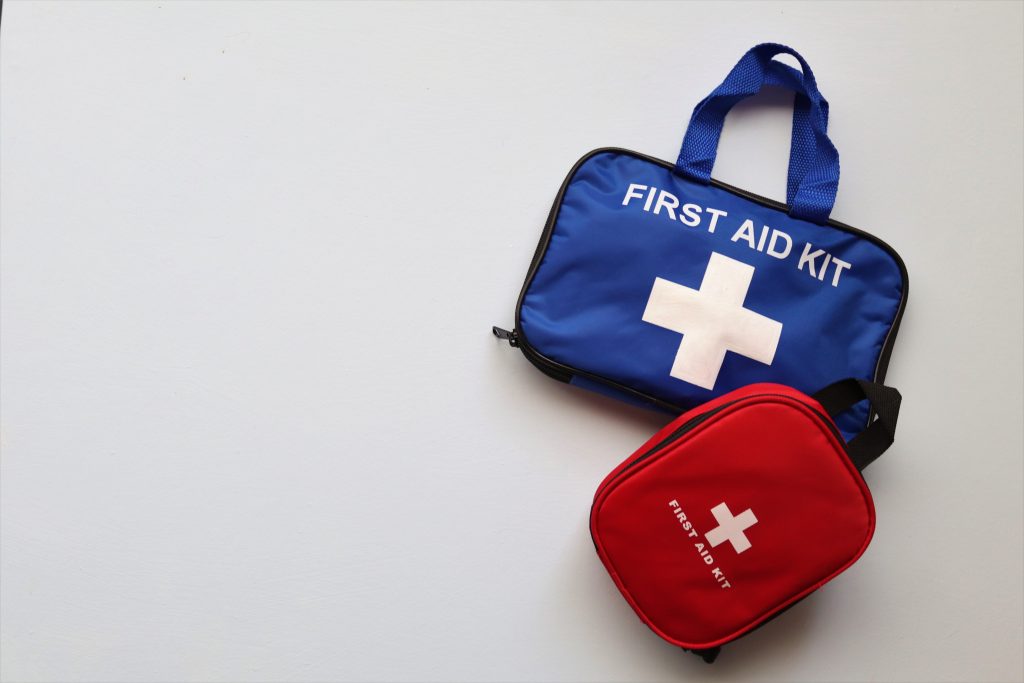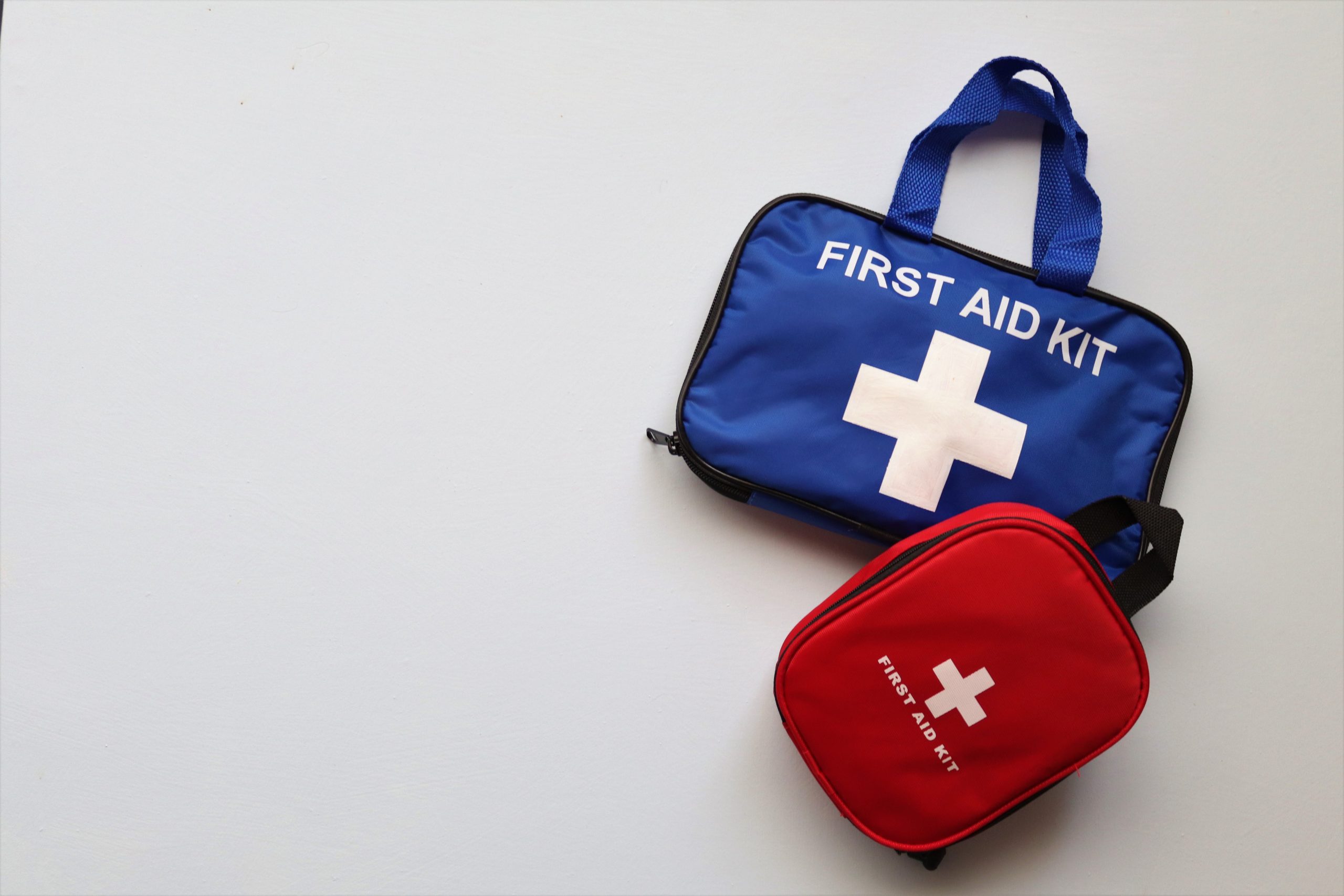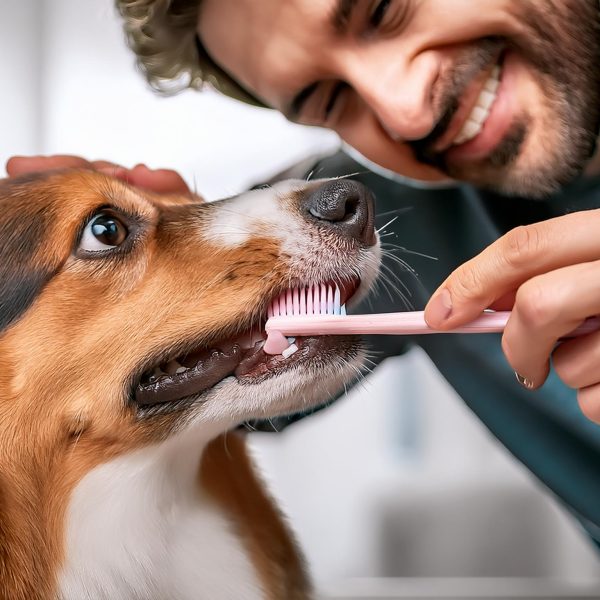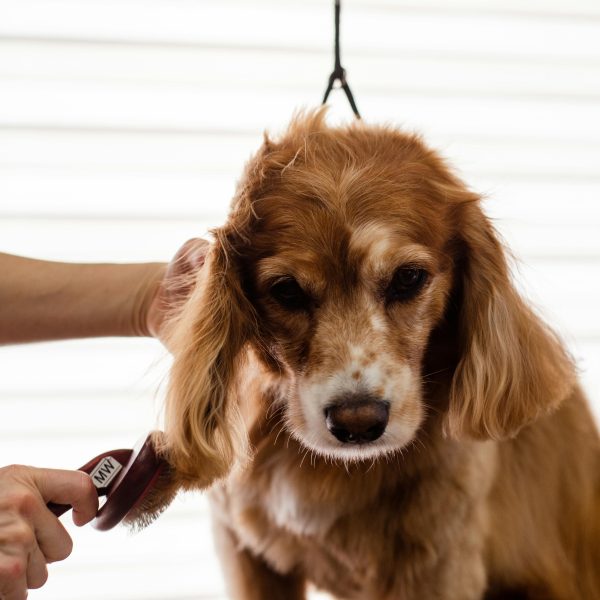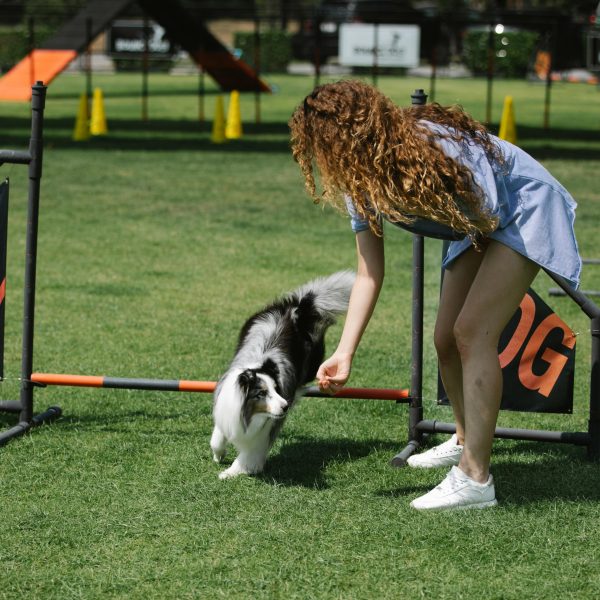Our beloved pets are cherished members of the family, providing companionship, joy, and unconditional love. As responsible pet owners, it is crucial to be prepared for unexpected emergencies by having a basic understanding of first aid for pets. Accidents and illnesses can happen at any time, and knowing how to respond promptly can make a significant difference in your pet’s well-being. In this article, we will explore essential tips that every pet owner should know to administer effective first aid for their furry friends.
- Stay Calm and Assess the Situation: The first step in any emergency is to stay calm. Panicking can make the situation worse and hinder your ability to provide effective first aid. Assess the scene and ensure it is safe for both you and your pet. If possible, gently restrain your pet to prevent further injury or escape.
- Know Your Pet’s Normal Vital Signs: Understanding your pet’s baseline vital signs is crucial for recognizing when something is wrong. Familiarize yourself with your pet’s normal heart rate, respiratory rate, and body temperature. Any significant deviation from these baseline values may indicate an issue that requires attention.
- Create a Pet First Aid Kit: Assemble a well-stocked first aid kit specifically tailored for your pet. Include items such as bandages, gauze pads, adhesive tape, antiseptic wipes, tweezers, scissors, a digital thermometer, and any necessary medications. Keep the kit in an easily accessible location, and ensure that family members are aware of its contents and location.
- Address Breathing and Circulation: In emergencies, ensuring your pet is breathing and has a stable circulation is paramount. If your pet is not breathing, perform rescue breathing. For cardiac emergencies, learn how to perform CPR for your pet. Consult your veterinarian or a professional pet CPR instructor for proper training.
- Handle Injuries with Care: When dealing with injuries, approach your pet cautiously, especially if they are in pain. Use a muzzle if necessary to prevent biting, but be cautious not to obstruct their airway. For wounds, clean them gently with mild antiseptic solutions, apply sterile dressings, and bandage the area to control bleeding.
- Recognize Common Toxins: Many household items are toxic to pets, including certain plants, foods, and household chemicals. Familiarize yourself with common pet toxins and keep these items out of reach. In case of ingestion, contact your veterinarian or a poison control hotline immediately.
- Be Prepared for Seizures: Seizures can be frightening for both pets and their owners. During a seizure, ensure your pet’s safety by moving away any nearby objects that could cause harm. Avoid putting your hands near your pet’s mouth, as they may unintentionally bite. Time the duration of the seizure, and contact your veterinarian if the seizure lasts longer than five minutes.
- Understand the Importance of Heatstroke Prevention: Pets are susceptible to heatstroke, especially during hot weather. Ensure your pet has access to shade and water, and never leave them in a parked car. If you suspect heatstroke, move your pet to a cool place, wet their fur with cool (not cold) water, and seek veterinary attention immediately.
- Learn Pet First Aid Basics: Enroll in a pet first aid and CPR course to gain hands-on experience and knowledge. These courses cover a range of topics, including wound care, fracture management, and emergency procedures. Being well-prepared allows you to act confidently during emergencies.
- Regular Veterinary Check-ups: Prevention is key to a healthy pet. Schedule regular veterinary check-ups to catch potential health issues early. Your veterinarian can provide guidance on nutrition, vaccinations, and other aspects of your pet’s well-being.
Being a responsible pet owner involves more than providing food, shelter, and love. It also requires being prepared for emergencies and knowing how to administer first aid when needed. By staying calm, having a well-equipped first aid kit, and being familiar with essential first aid techniques, you can ensure that you are ready to handle unexpected situations and provide the best care for your furry companions. Remember, your pet’s health and well-being depend on your ability to respond promptly and effectively in times of crisis.

